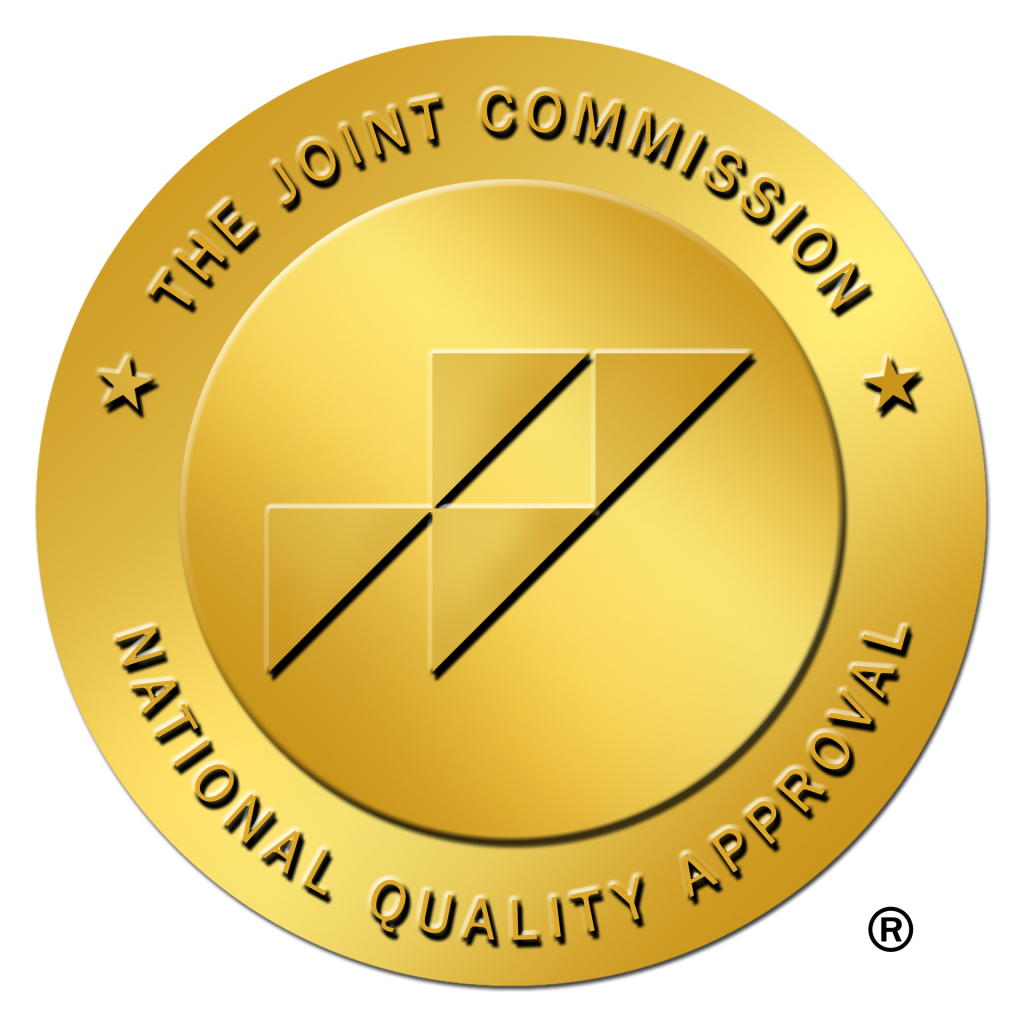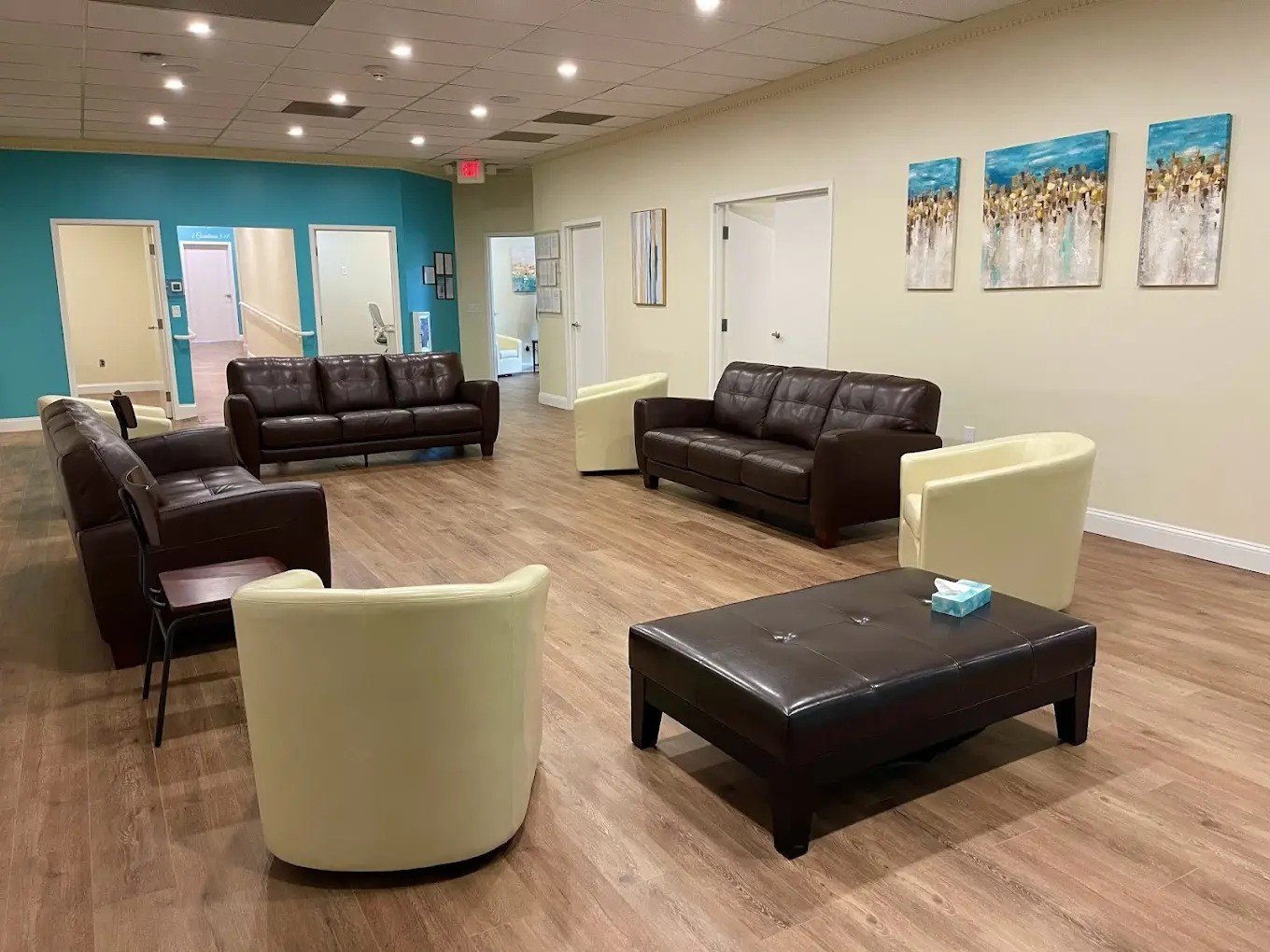Outpatient Substance Abuse Treatment Nj
The Importance of Outpatient Care in Substance Abuse Treatment
Outpatient substance abuse treatment NJ offers an effective alternative for those seeking help without disrupting their daily lives. This mode of treatment allows individuals to maintain their regular responsibilities while attending therapy sessions. It is particularly beneficial for working professionals and those with familial obligations who require flexible scheduling. Unlike residential treatment, outpatient programs provide a stepping stone to recovery while integrating real-world experiences into the healing process.
New Chapter Recovery in Parsippany-Troy Hills exemplifies this approach by offering a range of outpatient programs such as Partial Hospitalization Programs (PHP), Intensive Outpatient Programs (IOP), and standard Outpatient Programs (OP). These structured programs ensure that treatment is both comprehensive and adaptable, catering to the unique needs of each client. By addressing mental health and substance use disorders through evidence-based practices, these programs enhance the potential for achieving long-term sobriety.
Comprehensive Treatments at New Chapter Recovery
One of the key offerings of New Chapter Recovery is its broad array of treatments addressing various substance use disorders. This includes alcohol, opioids, fentanyl, heroin, prescription medications, stimulants, benzodiazepines, marijuana, and inhalants. Such a broad range of treatments is essential in today’s context, where substance dependencies can vary significantly between individuals.
The center employs a dual diagnosis model to treat co-occurring mental health conditions, utilizing trauma-informed clinical practices. This integrated approach ensures that both the psychological and physiological aspects of addiction are addressed. Clients benefit from individualized counseling, group therapy, and unique offerings such as animal-assisted therapy, veterans’ treatment, and faith-based recovery.
Patient-Centered Care and Individualized Plans
At the heart of New Chapter Recovery’s methodology is patient-centered care, which involves creating personalized treatment plans for each client. The organization’s multidisciplinary clinical team tailors these plans to align with individual goals and conditions. By focusing on measurable clinical outcomes, patients and clinicians collaboratively set objectives that foster motivation and engagement.
The PHP at New Chapter Recovery offers structured schedules while allowing patients to return home in the evenings. This balance of rigorous treatment and personal freedom supports long-term recovery by reinforcing the skills learned in therapy. Meanwhile, IOP sessions accommodate those balancing work or school, demonstrating the center’s commitment to flexibility and personalization.
Relapse Prevention Strategies
Relapse prevention plays a crucial role in outpatient substance abuse treatment NJ, particularly for those transitioning from residential rehabilitation programs. New Chapter Recovery emphasizes long-term strategies that equip clients with tools to maintain sobriety. These include individual and group counseling sessions that focus on identifying triggers and building coping mechanisms.
Intervention services and family support are other integral components of relapse prevention. By involving family members in the recovery process, New Chapter Recovery fosters an environment of support and accountability. This holistic approach ensures that clients have the necessary resources and guidance to navigate potential challenges post-treatment.
Additionally, the center’s commitment to aftercare planning involves coordinated efforts to facilitate community reintegration and continued support. This phase of treatment underscores the ongoing nature of recovery and the importance of sustained effort and monitoring.
Specialized Therapy Tracks and Unique Approaches
New Chapter Recovery distinguishes itself with specialized therapy tracks that cater to diverse client needs. For instance, animal-assisted therapy provides a unique avenue for healing, leveraging the therapeutic benefits of human-animal interactions. This specialty track can be particularly healing for individuals who resonate with non-traditional therapeutic methods.
Veterans benefit from tailored treatment options that acknowledge their specific experiences and challenges. Programs compatible with VA and Tricare benefits ensure that veterans receive comprehensive care that respects their service and sacrifice. Furthermore, faith-based recovery options offer spiritual support for those who wish to integrate their beliefs into their healing journey.
Adopting Evidence-Based Methodologies
New Chapter Recovery’s treatment strategies are grounded in evidence-based methodologies such as Cognitive Behavioral Therapy (CBT), Dialectical Behavior Therapy (DBT), Acceptance and Commitment Therapy (ACT), and motivational interviewing. These therapeutic modalities are chosen for their proven efficacy in treating substance use disorders and co-occurring mental health conditions.
Experiential therapy is another innovative approach that involves engaging clients in activities designed to express and process emotions. Such activities promote self-awareness and personal growth, complementing traditional therapeutic techniques. The combination of evidence-based therapies ensures a well-rounded treatment experience that addresses both mental and emotional facets of addiction.
Streamlined Admissions and Insurance Support
New Chapter Recovery’s commitment to accessibility is reflected in its efficient admissions process, offering free confidential assessments and same-day admissions. This streamlined approach minimizes barriers to treatment, ensuring that individuals in need can quickly access the help they require.
The center’s insurance verification team plays a pivotal role in expediting out-of-network and Tricare benefit checks. By handling the intricacies of insurance approvals, the team alleviates financial stress, allowing clients to focus on their recovery without administrative burdens.
Transparent communication with families and referral sources further enhances the experience, ensuring that everyone involved is informed and engaged throughout the treatment process. This collaborative approach fosters trust and confidence in the treatment journey.
Flexible Treatment Schedules to Suit Every Lifestyle
Recognizing the diverse lifestyles of its clients, New Chapter Recovery offers flexible treatment schedules that accommodate various needs. This is particularly beneficial for clients who juggle personal responsibilities alongside their recovery journey.
The center’s IOP and OP schedules are designed for flexibility, supporting clients in balancing work or academic commitments with therapy sessions. Such arrangements empower individuals to pursue recovery without sacrificing other important aspects of their lives.
Whether it’s an intensive program requiring daily commitment or a more relaxed approach for those in the maintenance phase, the adaptability of New Chapter Recovery’s models meets clients where they are in their journey, enhancing both engagement and effectiveness.
The Role of Family in Recovery
Family involvement is crucial in outpatient substance abuse treatment NJ as it provides an additional layer of support. New Chapter Recovery emphasizes family therapy as an integral part of the recovery process, helping to mend relationships and build a supportive home environment.
Through structured family sessions, the center educates family members about addiction and recovery, fostering understanding and empathy. This shared knowledge empowers families to contribute positively to their loved one’s continued sobriety. Support doesn’t end with therapy; New Chapter Recovery facilitates ongoing communication, ensuring family members stay informed and involved.
What is the significance of outpatient care for substance abuse treatment in New Jersey?
Outpatient care plays a crucial role in substance abuse treatment, particularly in New Jersey, by offering a flexible and less intrusive alternative to residential rehabilitation. This is especially beneficial for individuals with professional or familial obligations who cannot commit to long-term inpatient stays. For instance, imagine a working professional who needs support for alcohol addiction but cannot afford to take prolonged leave from work. Outpatient programs allow such individuals to attend therapy sessions while managing their daily responsibilities. This integration of real-world experiences with therapeutic interventions can enhance the recovery process by providing practical, real-time applications of learned skills. What’s your perspective on balancing treatment with personal obligations?
How does New Chapter Recovery ensure comprehensive treatment for various substance use disorders?
New Chapter Recovery offers a wide array of treatments that address diverse substance use disorders, including those related to alcohol, opioids, and prescription medications. Their approach is comprehensive, employing evidence-based practices like Cognitive Behavioral Therapy (CBT) and Dialectical Behavior Therapy (DBT). For instance, a client struggling with opioid addiction might benefit from both medication-assisted treatment and counseling services. The center’s dual diagnosis model also addresses co-occurring mental health issues, ensuring both psychological and physical aspects of addiction are treated. This holistic method increases the chances of long-term sobriety by tackling the root causes of substance abuse.
In what ways does New Chapter Recovery personalize care for its clients?
Personalized care is a cornerstone of New Chapter Recovery’s approach. They develop individualized treatment plans that align with each client’s specific needs and goals. Consider a scenario where a client is juggling work with a new therapy regimen. The center offers flexible Intensive Outpatient Program (IOP) schedules that accommodate such individuals, ensuring that their treatment doesn’t disrupt other areas of life. Personalized plans are crafted by a multidisciplinary clinical team, focusing on measurable outcomes and continuous motivation. This personalization fosters a tailored experience that can significantly improve the effectiveness of a client’s recovery journey. How might personalized care impact someone’s motivation to stay committed to their recovery?
What strategies does New Chapter Recovery employ for relapse prevention?
Relapse prevention at New Chapter Recovery involves equipping clients with tools and strategies to maintain sobriety after treatment. They offer both individual and group counseling sessions that delve into identifying triggers and developing coping mechanisms. The center also emphasizes the importance of involving family in the recovery process to create a supportive environment. Imagine a client who has recently completed an outpatient program; ongoing aftercare planning and community support can provide the necessary framework to navigate potential challenges. By maintaining a focus on long-term sobriety, New Chapter Recovery prepares clients for sustainable recovery. What are some of your thoughts on family involvement in addiction recovery?
Why are evidence-based methodologies important in treating substance use disorders?
Evidence-based methodologies provide a scientifically validated framework for treating substance use disorders, ensuring that clients receive the most effective interventions. At New Chapter Recovery, therapies like CBT and DBT are utilized for their proven success in addressing both addiction and co-occurring mental health conditions. For instance, a client with anxiety and substance dependence may benefit from Acceptance and Commitment Therapy (ACT), which aids in accepting feelings and committing to personal values. The center’s commitment to these methodologies underscores their dedication to offering reliable and effective treatment that clients can trust. How do you think evidence-based care impacts treatment outcomes?
How does family involvement enhance the recovery process at New Chapter Recovery?
Family involvement is a vital component of the recovery process at New Chapter Recovery, offering additional support and helping mend relationships strained by substance abuse. Through structured family therapy sessions, family members learn about addiction and how best to support their loved one. For example, a family might be educated about setting healthy boundaries, fostering empathy, and maintaining open communication. This collaborative approach not only helps in the immediate recovery but also strengthens long-term sobriety by creating a nurturing home environment. Have you considered how family dynamics might influence someone’s recovery journey?
How do flexible treatment schedules support clients at New Chapter Recovery?
Flexible treatment schedules are designed to accommodate the varied lifestyles of clients at New Chapter Recovery, particularly those balancing work, school, or family responsibilities. For example, an Intensive Outpatient Program (IOP) might offer evening sessions for someone who works during the day. This flexibility ensures that clients do not have to choose between their recovery and their other commitments. Such arrangements empower clients to manage their lives while engaging thoroughly with their treatment, making recovery a sustainable choice. This adaptability can significantly enhance a client’s engagement and commitment to the recovery process. How do you manage competing priorities in your life, and how might a flexible approach help?
Resources
- Substance Abuse and Mental Health Services Administration (SAMHSA) – SAMHSA is a government organization dedicated to improving the behavioral health of Americans by providing resources, programs, and information related to substance abuse and mental health.
- National Institute on Drug Abuse (NIDA) – NIDA is a research-focused organization that aims to advance the science on drug use and addiction. They provide valuable information on the effects of drug use and evidence-based treatment approaches.
- American Psychiatric Association (APA) – The APA is a professional organization representing psychiatrists in the United States. They offer resources on mental health disorders, including substance use disorders, and treatment options.
- National Alliance on Mental Illness (NAMI) – NAMI is a grassroots mental health organization dedicated to improving the lives of individuals and families affected by mental illness. They offer support, education, and advocacy resources.
- Centers for Disease Control and Prevention (CDC) – The CDC is a leading national public health institute in the United States. They provide information on various health topics, including substance abuse, and offer guidance for prevention and treatment.






